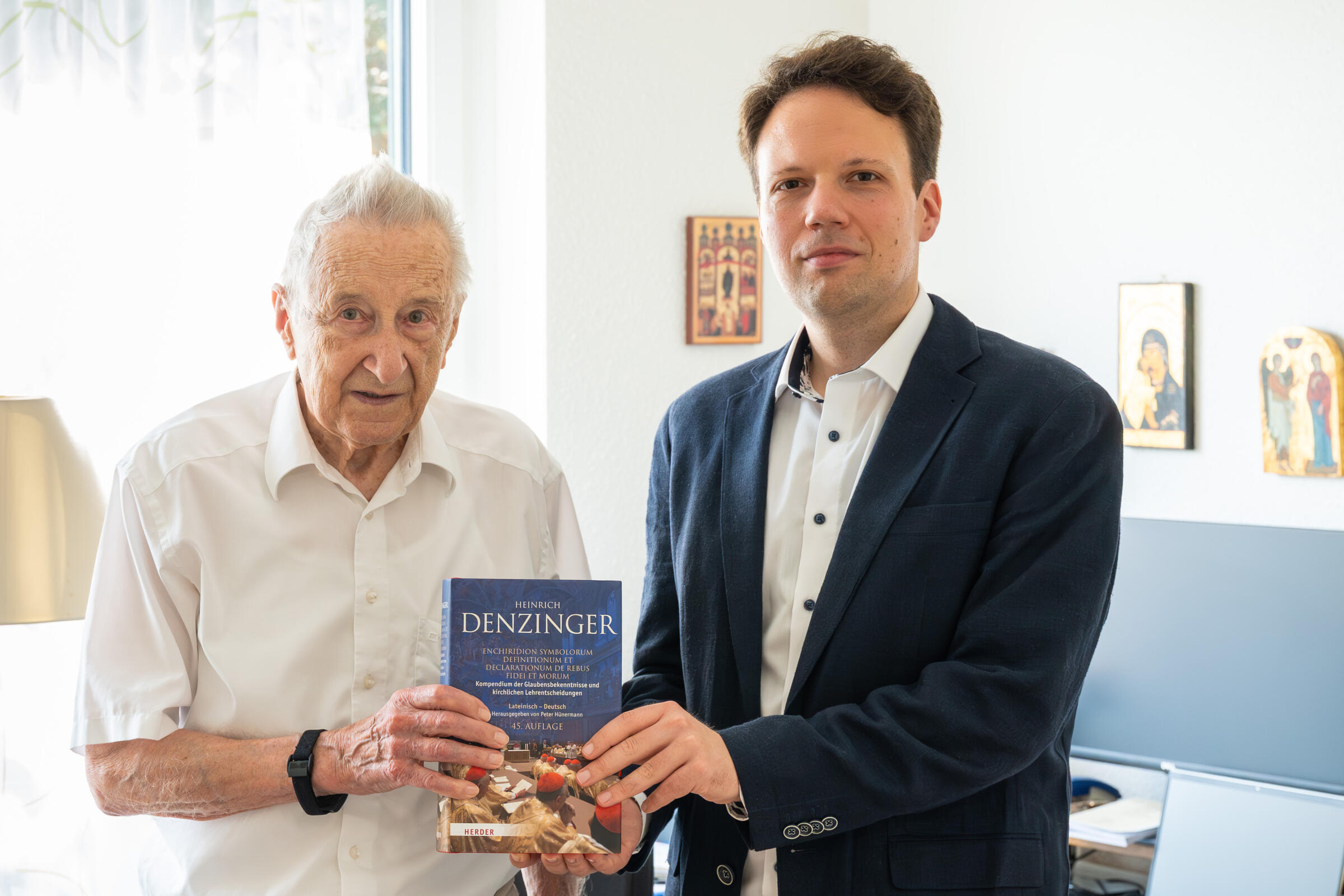
"Founded in 1854 by Heinrich Denzinger, the compendium has long been an indispensable tool for theologians. It collects magisterial texts-decisions issued by synods or, later, by the papacy-presenting them in their original languages, usually Latin, alongside translations. The work has played a central role in both academic study and official Church documents: for example, the Second Vatican Council's Lumen Gentium alone cited Denzinger 45 times."
"Seewald's initiative reflects a broader interest in the historical development of Church doctrine and governance. The new edition will be part of the seven-year CREDENZ (Critical Edition of the Denzinger) project, which combines editorial work with research on the formation and evolution of dogmatic norms. Funded by Seewald's 2025 Gottfried Wilhelm Leibniz Prize-Germany's most prestigious academic award-the project aims to deepen scholarly understanding of how Church teaching has changed over time."
Michael Seewald, Professor of Dogmatics at the University of Münster, will edit the Denzinger compendium, succeeding Peter Hünermann, who produced its 45th edition. The forthcoming edition will include more historical documents, with emphasis on late medieval reform councils such as the Council of Constance and their relevance to questions of Church authority and synodality. The revision is part of the seven-year CREDENZ (Critical Edition of the Denzinger) project, combining editorial work with research on the formation and evolution of dogmatic norms. The project is funded by Seewald's 2025 Gottfried Wilhelm Leibniz Prize. The Denzinger has served as a central reference for theologians and Church documents since 1854.
Read at Medievalists.net
Unable to calculate read time
Collection
[
|
...
]